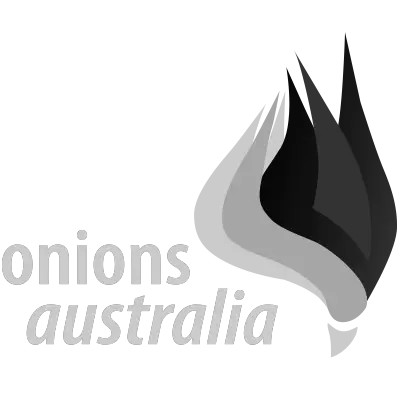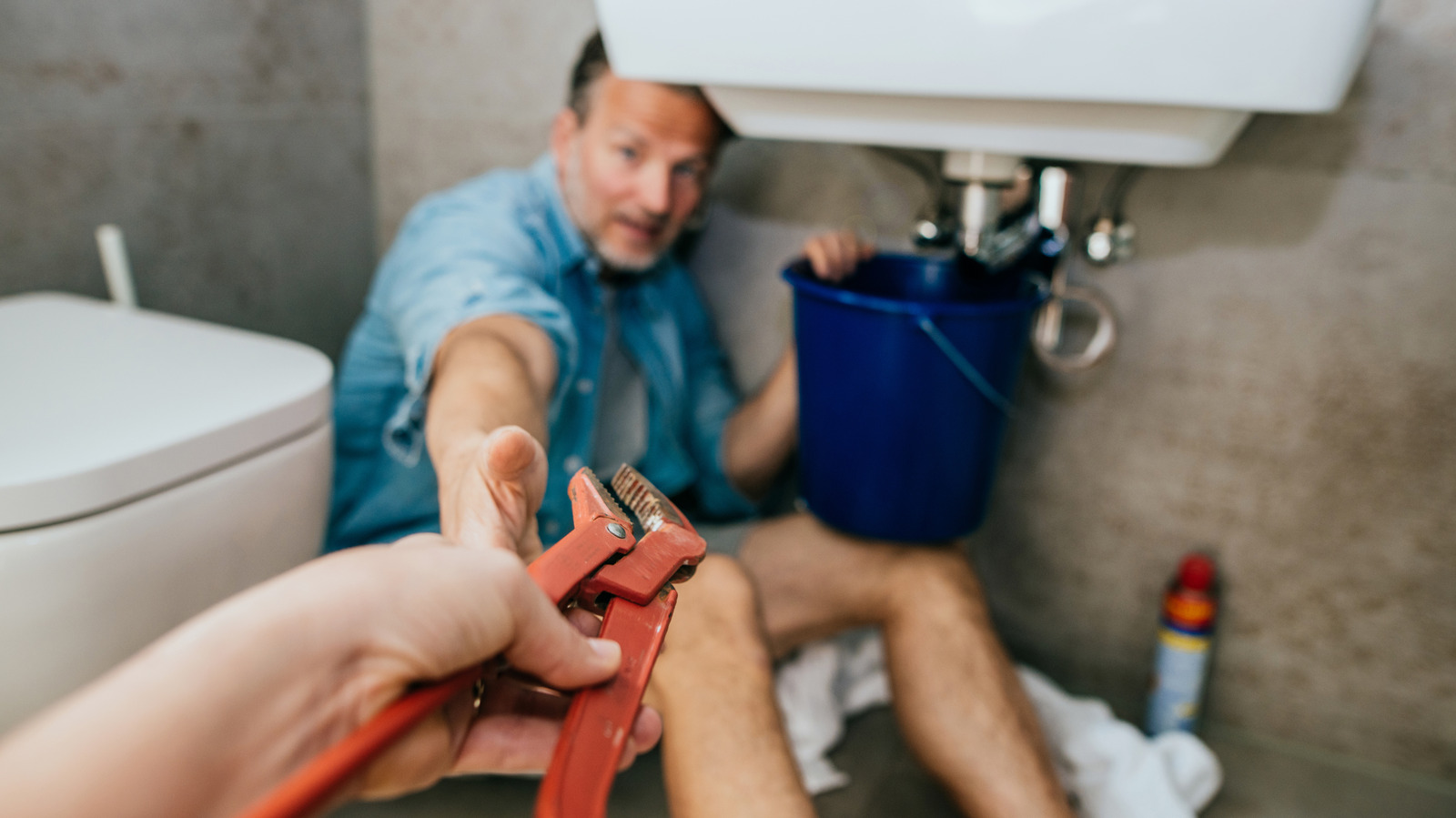
When you only have a hammer, your DIY plumbing job is likely to encounter difficulties. Abraham Maslow’s theory suggests that relying on familiar tools can limit problem-solving abilities (in simpler terms: if all you have is a hammer, everything looks like a nail). While a hammer can be useful for many tasks, it is not suitable for plumbing. Plumbing requires specialized tools that cannot be substituted with common household tools.
Basic plumbing tasks like clearing minor clogs, fixing leaks, and replacing basic fixtures can be done with a DIY toolkit. However, more complex plumbing tasks require professional tools and expertise. Professionals have a deep understanding of water flow, venting, and materials, which is crucial for diagnosing and addressing plumbing issues effectively. Simply unclogging a drain may not solve the root cause of the problem.
The right tools include a variety of specialized equipment
According to Eddie Linares, a Virtual Plumbing Expert, having the right tools is essential for addressing clogs and leaks effectively. For major plumbing issues like leaks, sewage smells, frozen pipes, or water damage, it is best to seek professional help. Some plumbing jobs require specialized diagnostic equipment like electric powered snakes, jetting equipment, and cameras, which are not typically found in a homeowner’s toolkit.
What could go wrong? Using the wrong tools can lead to disasters
When attempting a plumbing repair without the proper tools, you risk facing serious consequences like toxic mold growth or structural damage. Water leaks can be deceptive and may require opening walls to locate the source. Lack of experience and proper tools can exacerbate the situation. It is important to understand the complexity of plumbing tasks and seek professional help when needed to avoid costly mistakes.






